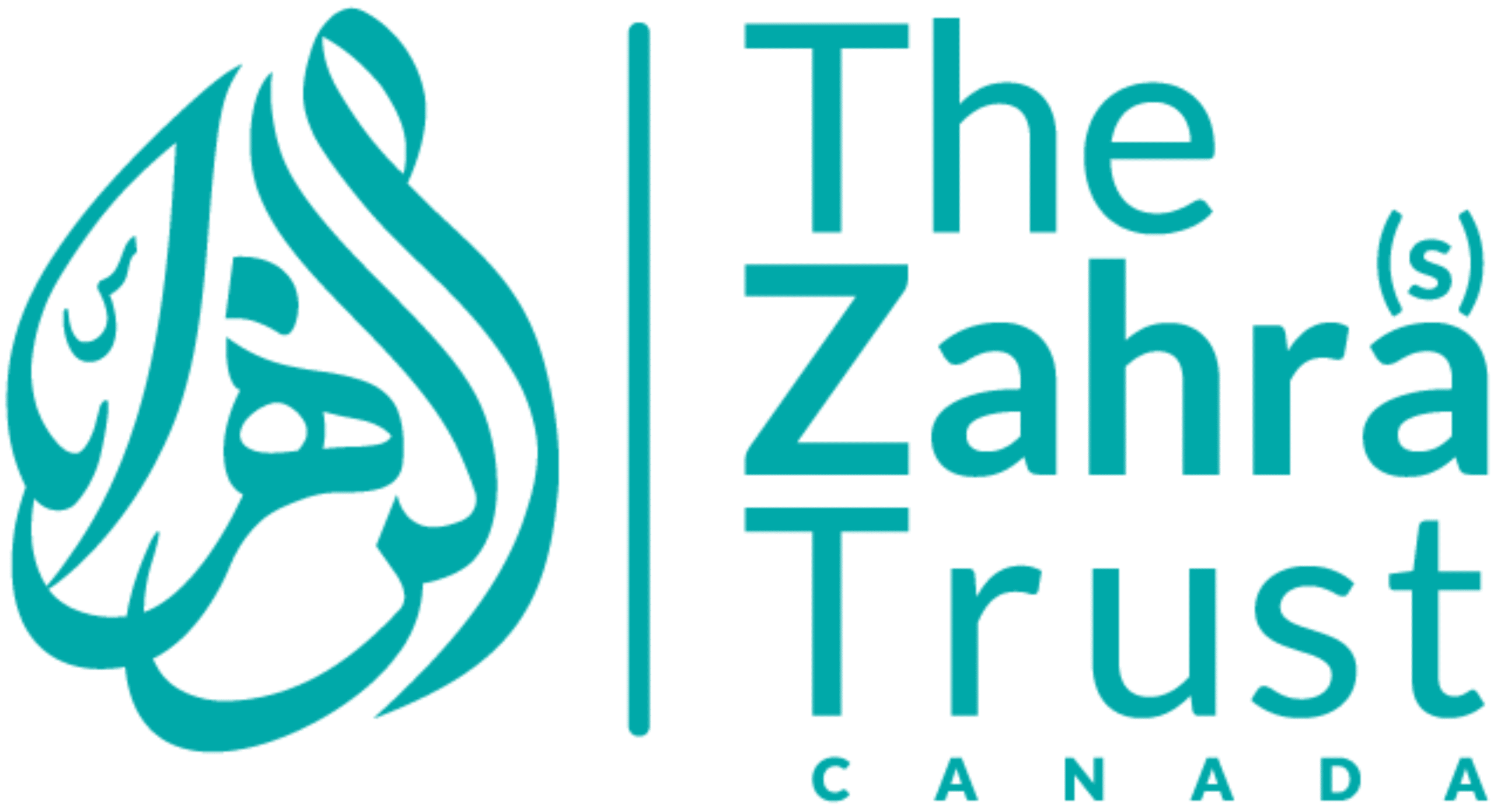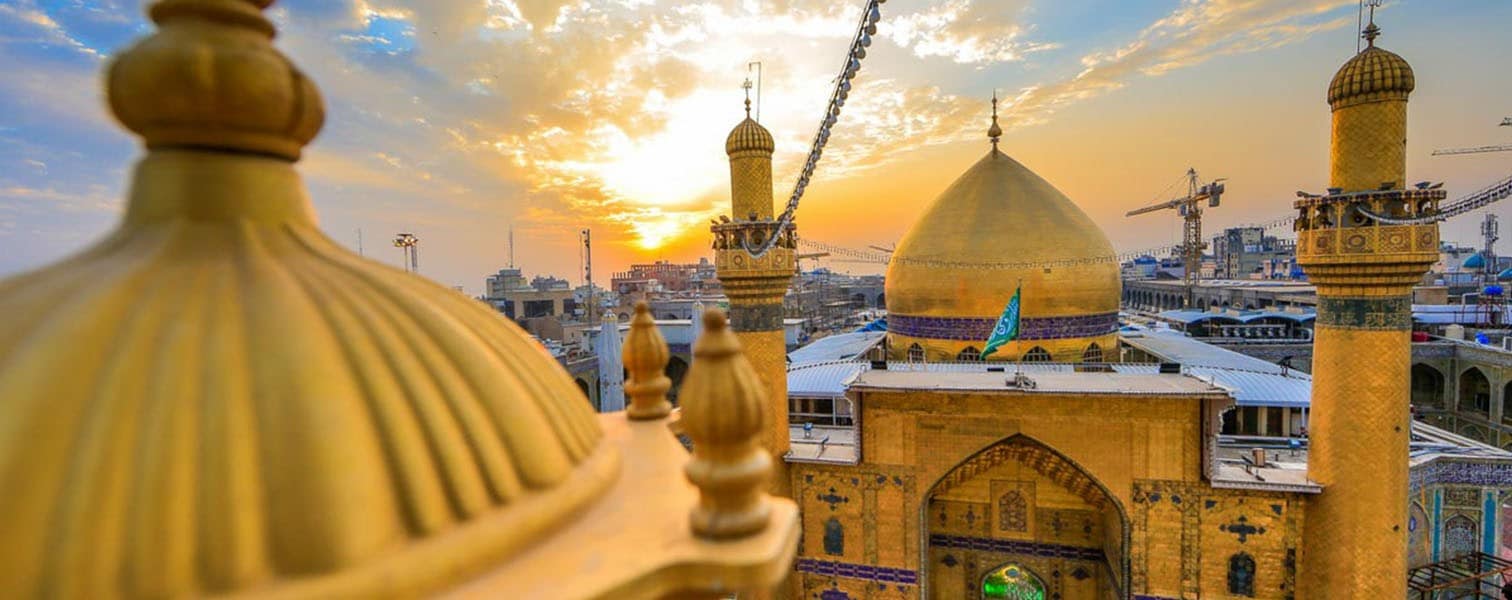11 Lessons from Imam Ali (as) on How to Live an Ethical life
In 2002, United Nations Secretary General Kofi Annaan issued a powerful statement on the 50th anniversary of the Universal Declaration of Human Rights that continues to resonate in the Muslim and non-Muslim world alike:
“The Caliph Ali Bin Abi Talib is considered the fairest governor who appeared during human history (After the Prophet Muhammad)”.
Imam Ali ibn Abu Talib (as), the cousin and son-in-law of the Prophet Muhammad (saw), is revered in Islam by all sects, whether as the first Imam succeeding the Holy Prophet (saw), or as the fourth Rightly Guided Caliph. In our shared history, we have the ultimate champion of human rights. And yet, much of the Muslim world, and beyond, is plagued with corruption, oppression, a lack of ethics, and utter negligence of the value of human life.

In a famous 7th century letter to Malik-al-Ashtar, the governor of Egypt of the time, Imam Ali (as) imparts timeless pearls of wisdom on how to be a just, equitable, and moral leader and person in general.
Here are 11 golden principles from his letter that apply to leaders and the general masses alike:
On Leading
- Select only the most qualified and honest individuals to serve – whether this is in governments, for jobs, or other roles and responsibilities. This hints at the fact that there is no place for nepotism in any part of life according to Islam. Imam Ali (as) emphasized that favouritism was a source of injustice.
- Ensure that staff are consulted on all decision-making, so that no unilateral decisions are made. This eliminates the risk of authoritarianism.
- Have a system of checks and balances that oversees all activities in government.
- Stay away from public property that others have equal rights to; do not take it for yourself or for your relatives.
- Acknowledge and appreciate the work of others, and give credit where it is due. This boosts morale and increases productivity, collaboration, and willingness to provide high quality work. There is much research being done today in the field of psychology demonstrating the effectiveness of leaders who adhere to this principle in yielding tangible results, both economically and socially!
On Daily Life
- Have open, clear, and regular communication
- Treat others with respect and forgive their slips and flaws, whether they were made intentionally or out of neglect.
- Create a positive environment for others.
- Stay away from negative people who only seek out the flaws of others.
- Uphold justice and social equality in all matters
- Be humble always

When we think of leaders today, whether it is in higher levels of government or within our local communities, how many adhere to all, or any, of these principles? Are our leaders always the most qualified and the most honest? When we think of our own behaviour, whether it is on the job or with our relationships, do we maintain the highest standard of ethics for ourselves, the ethics of Imam Ali (as), the leader of our faith, to whom we look up and revere? Do we make decisions fairly, or is there favouritism in our circles? Are we forgiving of others shortcomings? Do we actively seek to create a positive atmosphere? How can the way we communicate with others improve so as to build, not break, relationships?
To learn more about Imam Ali (as) check out our blog post here on Eid al Ghadeer or you can also learn more about his amazing wife who is the inspiration for all our work here!
May humanity, Muslim and non-Muslim alike, unite under the principles of Imam Ali (as) by adopting the highest level of ethics in serving and supporting the global community.


 Donate Now
Donate Now
 Donate
Donate









